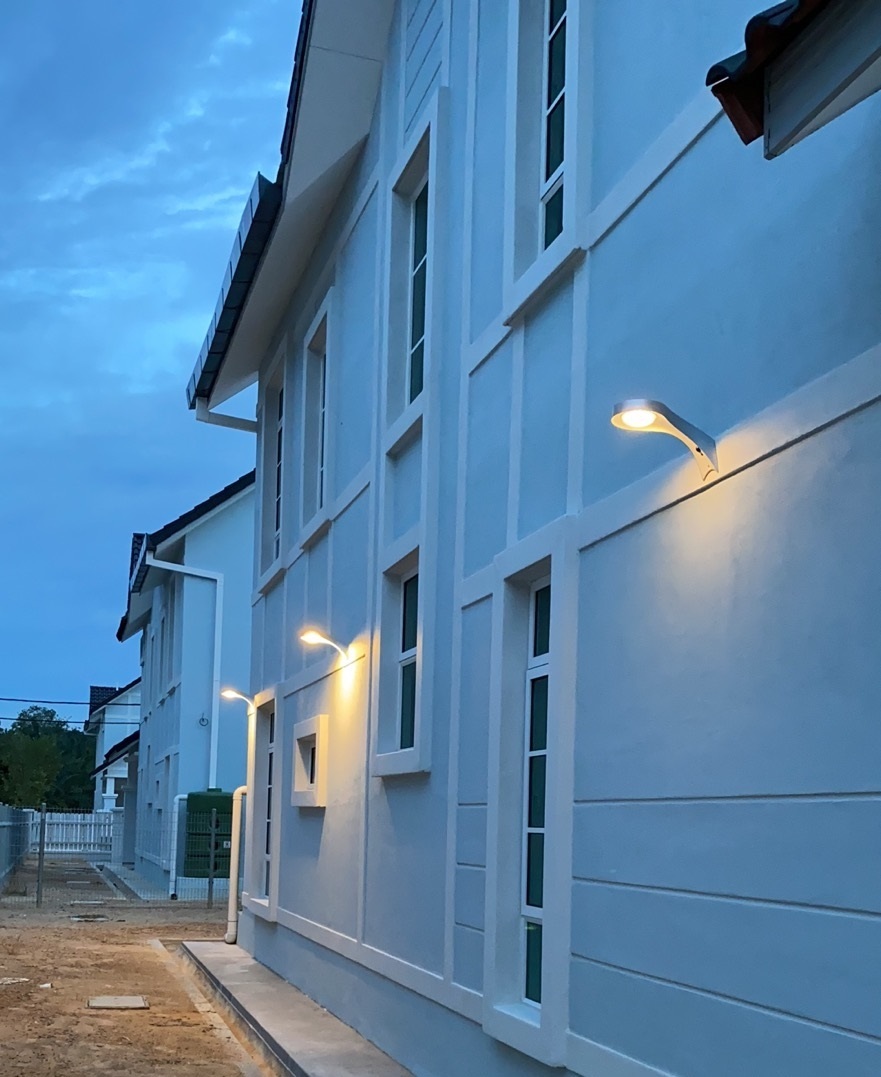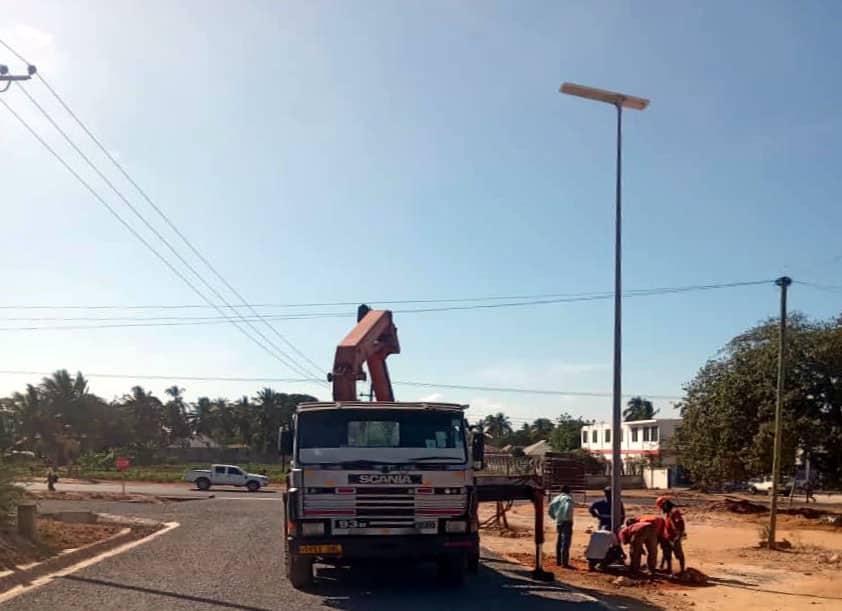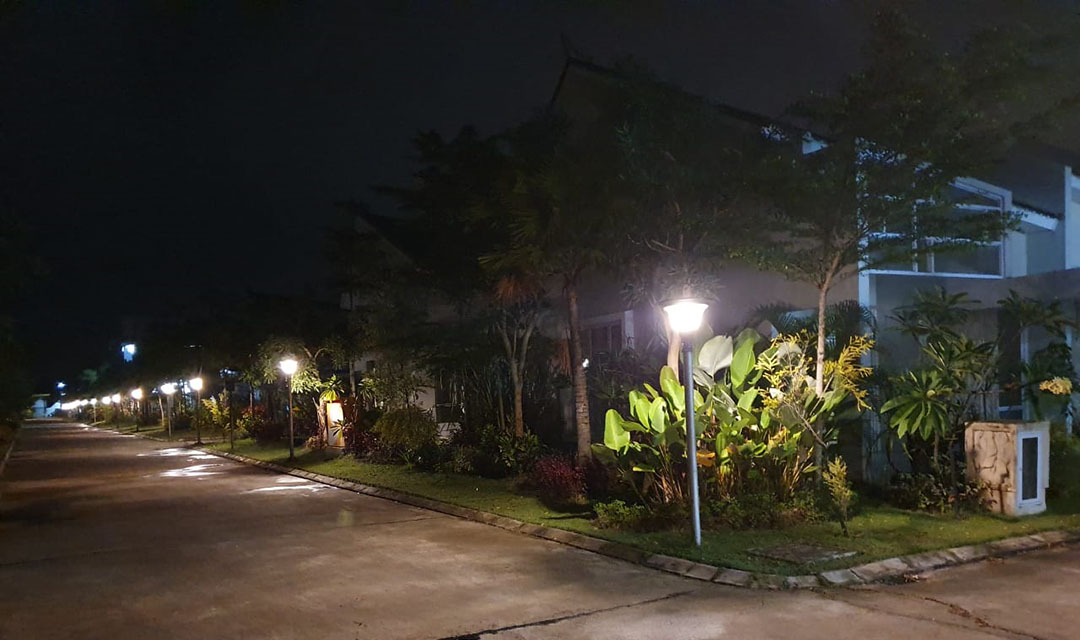The goal of any business is to ensure customer satisfaction and reduce the number of requests for service and repairs. However, when it comes to solar lights, one possible problem that may arise is that the light stops working correctly. As a dealer, understanding why this occurs can help you more effectively resolve these issues, as well as equip customers with strategies for caring for their solar lights in order to prolong their usefulness. In this blog post, we’ll explore six common reasons why solar lights may stop working properly – knowledge which will ultimately help you maximize your customer satisfaction levels!
Batteries have died or become corroded
Solar light batteries are typically rechargeable and have an average lifespan of two to three years. However, the actual lifespan can vary depending on several factors such as usage frequency, environmental conditions, and the quality of the battery.
When the battery reaches the end of its lifespan, it may become less efficient and have a reduced runtime. This means that the solar light might not stay on for as long as it used to or may not turn on at all. In such cases, it’s best to replace the battery to ensure that the solar light is working optimally.

Sensor has stopped functioning
The photocell is a crucial component in solar lights as it is responsible for detecting changes in light levels and triggering the light to turn on at night. The sensor works by measuring the amount of ambient light present in the environment and comparing it with a pre-set threshold. If the light level falls below this threshold, the photocell sends a signal to the light controller, which turns on the LED lights.
However, if the sensor becomes dirty, damaged, or malfunctioning, it can affect the performance of the solar light. A dirty photocell may not be able to detect changes in light level accurately, leading to unpredictable performance. A damaged or malfunctioning sensor may not work at all, causing the light to remain off even in complete darkness.
To ensure that the photocell is functioning correctly, it is essential to clean the sensor periodically with a soft cloth. This will remove any dust or debris that may have accumulated on the sensor, ensuring that it can detect light changes accurately. Additionally, it is essential to check for any visible damage to the sensor, such as cracks or discoloration, as these can also affect its performance.
Time setting has been accidentally changed
This unexpected fluctuation in the device’s temporal settings has had a significant impact on the device’s functionality, causing it to behave abnormally and erratically. The intricately designed systems within the solar light that determine the time and appropriate lighting patterns have been disrupted, leading to a lack of synchronization and coherence within the device’s programming.
As a result, the efficiency and effectiveness of the solar light have been severely compromised, depriving users of its benefits and potentially threatening their safety and security. This unprecedented event necessitates immediate action to restore the time settings to their original state and ensure the continued proper functioning of the solar light.

Lights have been damaged due to extreme weather conditions
It is worth noting that the damages caused by the weather have resulted in the lighting fixtures being rendered virtually useless. The severity of the damage has left officials with no other option but to replace the lighting fixtures completely. The inclement weather has caused significant damage to the lights’ wiring, sockets, and bulbs, making it nearly impossible to repair them. The incessant rains and strong winds have further added to the existing damages, causing them to worsen in intensity and scope. This has led to a challenging situation, as the area remains plunged into darkness, making it unsafe for residents and visitors alike.
Solar panels are blocked from getting enough sunlight
Shade is a significant factor that can affect the performance of solar lights. If the solar panels are not positioned in a location that receives ample sunlight, the batteries may not charge to full capacity, leading to less than optimal performance. It is therefore crucial to place solar lights in an area that receives direct sunlight for most of the day.
Dirt and debris can also obstruct the solar panels, reducing the amount of sunlight that reaches the batteries. It is essential to clean the solar panels regularly to ensure that they remain free of dirt and debris. This can be done using a soft cloth or sponge and water.
Furthermore, it is important to note that the performance of solar lights is also dependent on the season. During the winter months, when there is less sunlight, solar lights may not charge to full capacity, resulting in less brightness and a shorter duration of illumination. This does not mean that solar lights cannot be used during the winter, but it is important to manage expectations appropriately.
Bulbs may be faulty or need replacing
Solar light bulbs are an essential component of outdoor lighting solutions, providing energy-efficient illumination with minimal maintenance requirements. Despite their ample benefits, solar light bulbs may experience technical issues or faults over time. These issues include a decline in luminosity, inconsistent performance, or outright failure.
One common reason for solar light bulb failure is depleted battery life due to overuse or insufficient exposure to sunlight. In this case, replacing the battery may be a simple solution. The quality of the bulb itself may also contribute to problems, as cheaper or lower-quality bulbs may be prone to breaks or malfunctioning.
Further, environmental factors such as extreme temperatures, moisture, and physical damage may also impact the performance and lifespan of solar light bulbs. For instance, in cold or humid weather conditions, the battery may struggle to hold a charge or the bulbs may become foggy or discolored. Additionally, accidental damage from harsh weather or human impact can easily cause cracks, breaks, or other defects in the bulbs.

Conclusion
Ultimately, when your outdoor lighting system isn’t working correctly, it’s important to determine what the underlying issue is. Whether it’s a dead battery, corroded sensor, mis-time setting, damaged lights from extreme weather conditions, solar panels not getting enough sunlight, or faulty bulbs needing replacement, finding and solving the problem requires professional skills and knowledge. That’s why at SRESKY we back our products with premier customer service! So if you are having an issue with a lighting system out in the field that needs addressing—don’t hesitate to contact our product managers for more professional sourcing solutions! We are here every step of the way to make sure you get the best results and satisfaction out of your lighting system.
Table of Contents